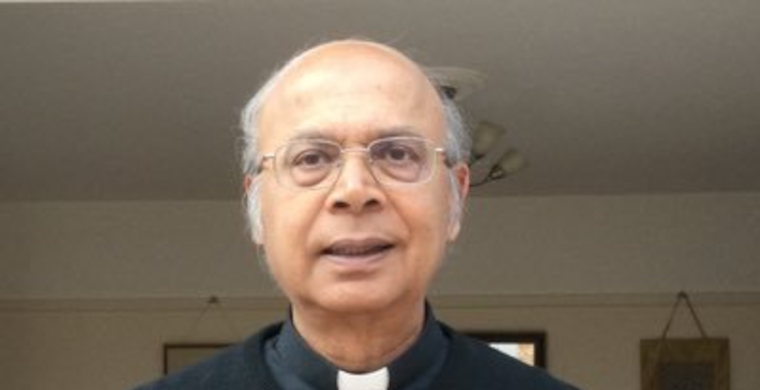God's revelation is adapted to the receivers' world view
By Michael Nazir-Ali
Saturday July 29 2023,
Posted in The Times
Humanity is characterised by culture. How we adapt to our surroundings, how we develop our capacities, customs and values are all part of culture.
There is, however, another side to culture: it can deteriorate. In theological terms, culture is fallen: endemic conflict, oppression, exploitation, cruelty, betrayal and the breakdown of family all provide a picture, as the 19th-century theologian John Henry Newman saw, "to dizzy and to appal".
In its witness and service to the world and within its own life, the church must attend to both these aspects of culture. From the beginning, God's revelation, which the church proclaims, has always been orientated to the thought patterns, world view and idiom of those receiving it. Such revelation transforms culture but it does so gradually, by engagement and often from the inside.
The earliest engagement of the gospel was in a Jewish context and the Apostles and other disciples tried to show how the good news about Jesus Christ was entirely in accord with the scriptures and with Jewish expectations. However, they developed a different approach to Gentile cultures. Here they claimed that the gospel fulfilled the authentic spiritual aspirations of everyone, that Christians worshipped the logos -- the principle of reason in the universe, incarnate in Jesus of Nazareth -- and that all previous apprehensions of truth were the result of this logos illuminating minds and hearts.
Their method was, as the writer Dan Strange has aptly put it, one of "subversive fulfilment". They believed that Christ affirms everything true in a culture, strengthens every move towards truth and love, bringing about their fulfilment in himself, but he also challenges and refutes all that is false, oppressive and exploitative. Christ enlightens every search for truth, whether in philosophy, practical morality, poetry or in the critique of popular religion.........
In recent years, popes have emphasised that encounter with cultures should take place at the deepest levels to enable them to find their authentic fulfilment. There are, however, limits to this process: nothing can be done which compromises the very nature of revelation itself.
In our own culture, historians are recognising that many of the basic values of secularised societies have Christian origins, whether these are about inalienable human dignity, equality based on common origin or freedom of thought, expression and belief. Dialogue about their origins and development and their importance for the future can all be part of the Church's mission to bring the truth of Christ to bear on contemporary issues.
Addressing the existential crisis in the West, the Church must show the absurdity of believing life to be meaningless, relationships without objective basis and the universe without purpose or direction. It must have a message of hope in the face of widespread anxiety. The way is long and hard but it must be travelled.
Monsignor Michael Nazir-Ali is the former Anglican bishop of Rochester and now a Roman Catholic prelate. He is director of the Oxford Centre for Training, Advocacy and Dialogue
https://anglicanmainstream.org/gods-revelation-is-adapted-to-the-receivers-world-vie/














